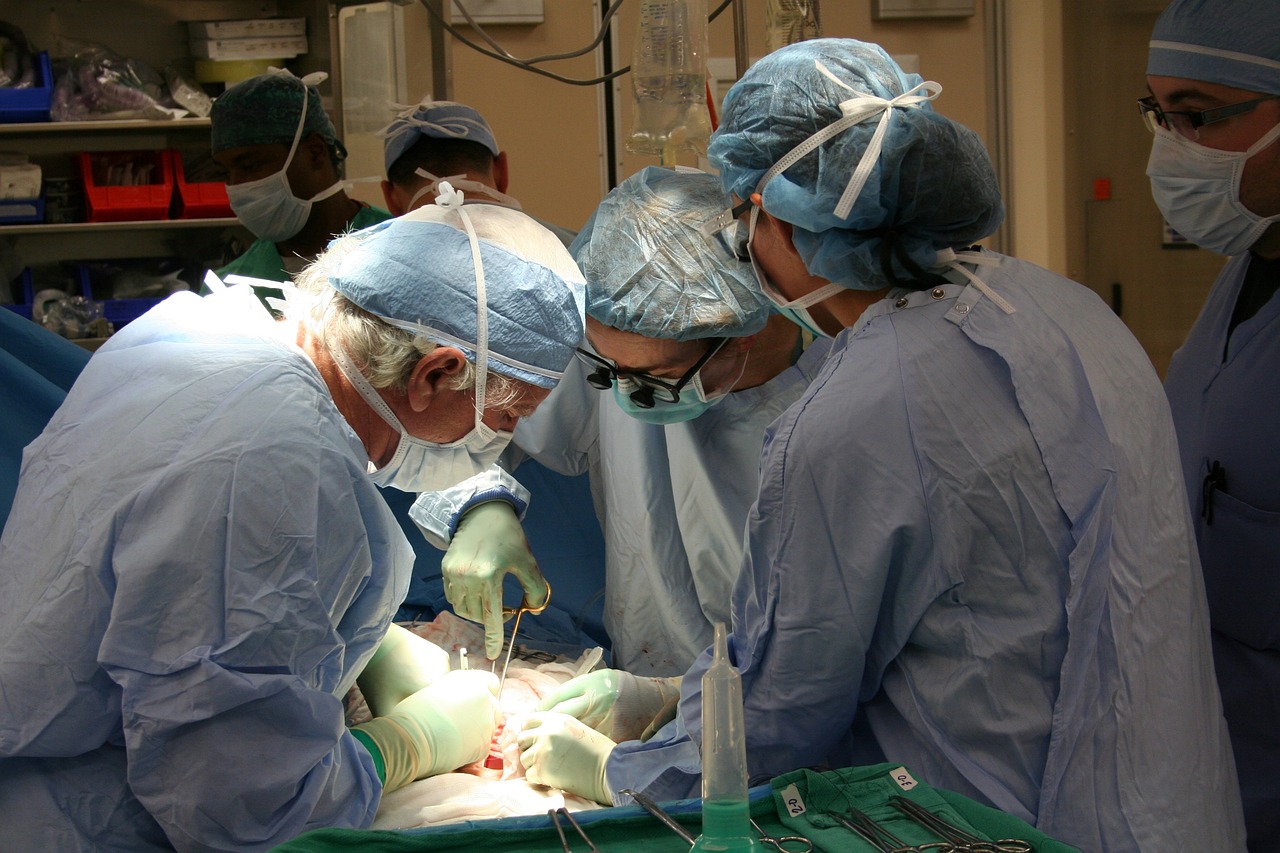Organ donation is a profound act of generosity that saves lives. By giving organs or tissues to someone in need of a transplant, donors provide recipients with a second chance at life. Each year, thousands of lives are saved thanks to organ donors. In fact, one donor can save up to eight lives. This guide will explain the organ donation process, its impact, and how you can get into this lifesaving act.
Table of Contents
ToggleUnderstanding Organ Donation
Organ donation involves giving organs or tissues to someone who needs a transplant. There are two main types of organ donation:
Deceased Donation: Here, organs are taken from someone who has passed away. The donor may have made the decision to donate their organs while they were alive, or the family may consent after the donor’s death.
Living Donation: In certain situations, living individuals can donate organs such as a kidney or part of their liver to someone in need.
Some of the most common organs and tissues donated include kidneys, livers, hearts, lungs, pancreases, intestines, and corneas. Each of these can save or significantly improve the life of a recipient.
The Organ Donation Process
The process of organ donation involves several crucial steps:
Step 1: Registering as a Donor
The first step to becoming an organ donor is registering. You can do this online, through your state’s donor registry, or when you renew your driver’s license. By registering, you make a legal declaration of your wish to donate your organs after death. However, it’s important to note that healthcare professionals will still consult with your family, so discussing your wishes with them is essential.
Step 2: Medical Evaluation
Once a potential donor is identified, a medical evaluation takes place to determine which organs are suitable for donation. Medical history, age, and the cause of death are all considered. This step ensures that the donated organs are healthy and suitable for transplantation.
Step 3: Matching Donors with Recipients
Matching donors with recipients involves a detailed process. Medical urgency, blood type, tissue type, organ size, and the time spent on the waiting list all play a role in finding the right match. Organizations like the United Network for Organ Sharing (UNOS) manage the national transplant waiting list and coordinate the matching process to ensure fairness and compatibility.
Step 4: The Donation Surgery
Once a match is found, the donation surgery is scheduled. During a deceased donation, surgeons remove the organs in a sterile environment, ensuring the donor’s body remains intact for an opencasket funeral if desired. In living donations, the donor undergoes surgery to remove the organ or tissue, and both the donor and recipient receive close monitoring during recovery.
The Role of Families and Consent
Families play a vital role in the organ donation process. Even if someone is donor, healthcare professionals will still consult the family to confirm the donor’s wishes. Therefore, having an open conversation with your loved ones about your decision to donate is crucial. This ensures they understand and respect your wishes, which can facilitate a smoother donation process.
The Impact of Organ Donation
Organ donation has a significant impact, saving thousands of lives every year. For individuals waiting for a transplant, receiving an organ often means the difference between life and death. Recipients frequently share stories of profound gratitude and the incredible gift of a second chance at life. Donor families also find comfort in knowing that their loved one’s organs have saved or improved the lives of others, creating a lasting legacy.
Common Myths and Misconceptions
Despite its benefits, organ donation is surrounded by myths and misconceptions:
“Doctors won’t save me if I’m an organ donor.” This is a common myth. In reality, doctors are committed to saving every patient’s life. Organ donation is only considered after all lifesaving efforts have been exhausted.
“I’m too old or unhealthy to donate.” Age is not necessarily a limiting factor. The health of the organs is more important, and medical professionals evaluate potential donors on a casebycase basis.
“Organ donation will affect my funeral arrangements.” This is also a misconception. Donors can still have opencasket funerals, as the organ retrieval process is done with care to preserve the donor’s body.
Becoming a Donor: What You Need to Know
Becoming an organ donor is simple. Registering through state or national registries, discussing your decision with your family, and carrying a donor card all help ensure your wishes are honored. By choosing to become a donor, you have the power to make a profound difference in the lives of others, turning a personal loss into a lifesaving gift.
Conclusion
Organ donation is a powerful way to give back, offering hope and a second chance to those in need. Understanding the process, recognizing the role of families, and appreciating the impact of organ donation can encourage more people to become donors. Consider registering as an organ donor today, and commit to making a difference in the lives of others.

